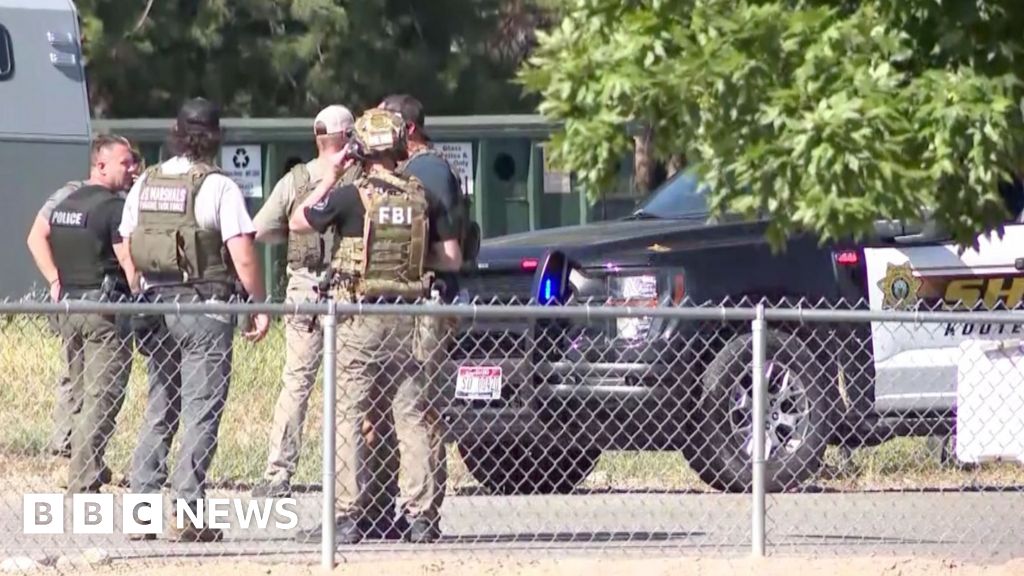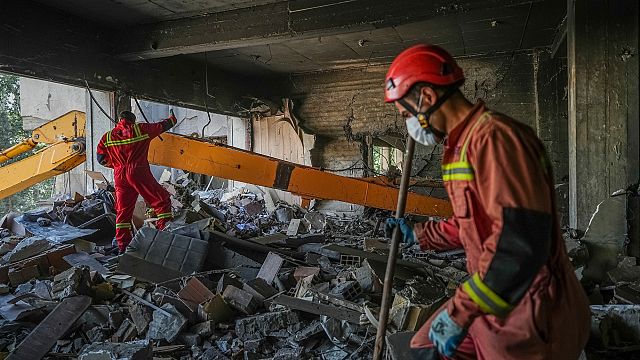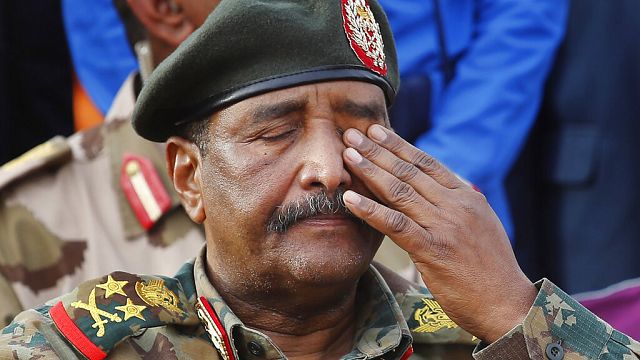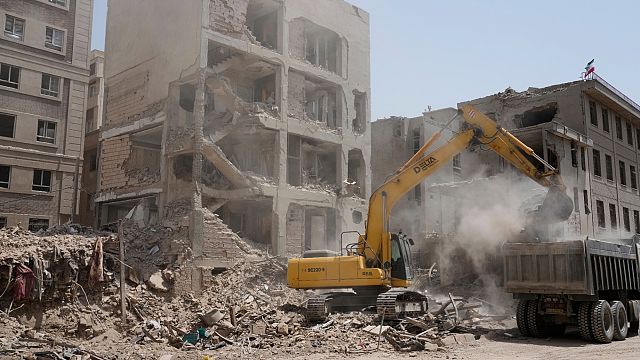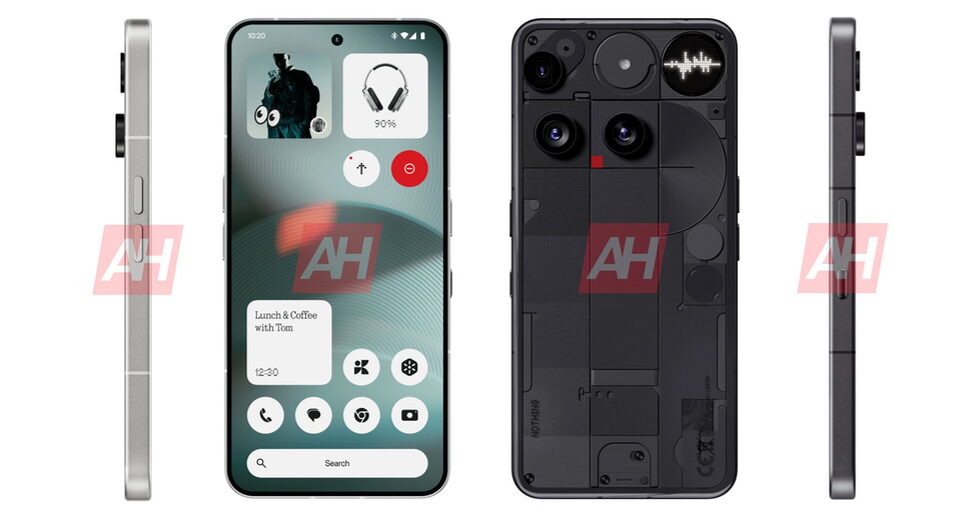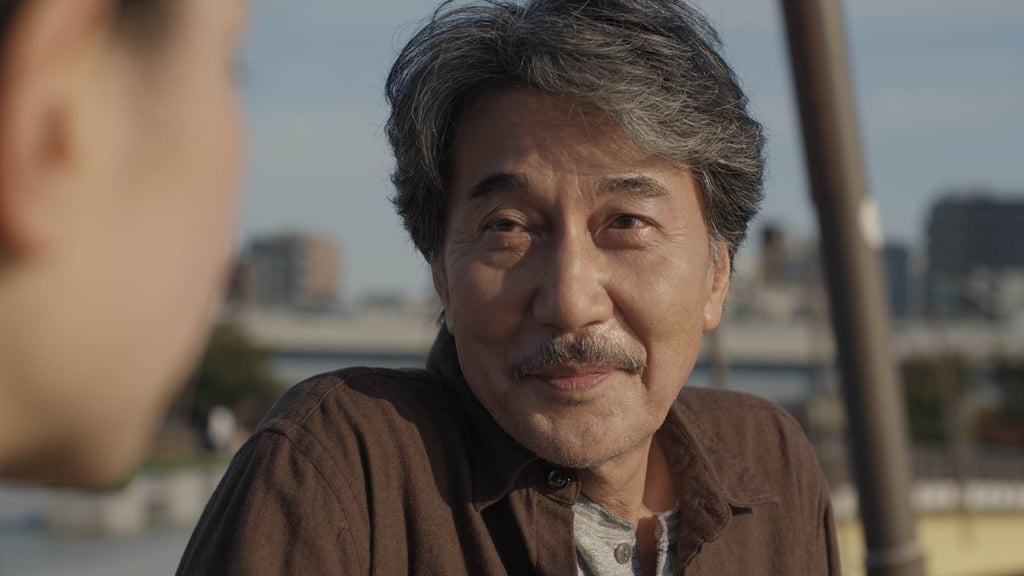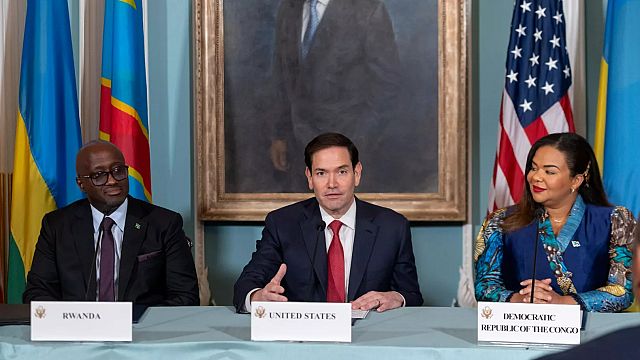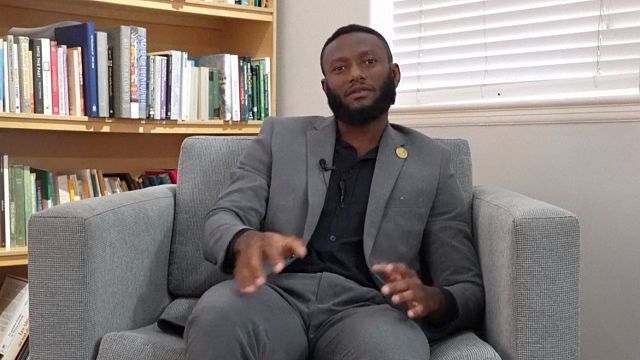What to Know About the Deportees the Trump Administration Wants to Send to South Sudan


The Trump administration is trying to deport a group of eight migrants to South Sudan, a country on the brink of civil war.
The men, who are from countries including Vietnam, Cuba and Mexico, are currently believed to be held at an American military base in the East African nation of Djibouti, after a federal judge ordered the administration not to turn them over to the government of South Sudan.
U.S. immigration law does, under some circumstances, allow people to be sent to countries that are not their own. But this has been rare under past administrations.
The Trump administration is attempting to do something more expansive: potentially sending large groups of people to dangerous places like South Sudan, Libya or a maximum-security prison in El Salvador, with little or no due process, even if their countries of origin are willing to take them back.
“The trifecta of being sent to a third country, plus the intended scale, plus the punishment-is-the-point approach — those three things in combination, that feels very new,” said Sarah R. Sherman-Stokes, a professor at Boston University School of Law.
The administration’s ultimate goal, experts say, may be to shape the behavior of other immigrants through fear.
Deportation to war-torn countries, said Muneer Ahmad, a professor at Yale Law School, is a “concerted strategy” intended “to both disincentivize people from coming to the United States and to incentivize self-deportation.”
Here’s what you need to know about the deportees, and why the Trump administration is trying to send them to South Sudan and other countries.
Who are the deportees?
A New York Times review of court records found that the eight men flown to Djibouti have been convicted of violent crimes.
Administration officials have called the men being held in Djibouti “barbaric monsters” and released a 70-page document containing their criminal records. Experts say this could be part of a deliberate strategy to turn public opinion against the judiciary for slowing down the administration’s aggressive deportation plans.
The deportees’ criminal backgrounds are in stark contrast to the backgrounds of the more than 100 Venezuelans who were deported to El Salvador. Most of the Venezuelans had no criminal records in the United States or elsewhere, and some were deported on the basis of little more than their tattoos and their clothing.
One of the men sent to Djibouti, Thongxay Nilakout, a citizen of Laos, shot and killed a German tourist in 1994, when he was 17. When Birte Pfleger, the victim’s daughter, learned that Mr. Nilakout could soon be in South Sudan, she said in a statement that she experienced two emotions: helplessness over the loss of her mother coupled with dismay over the government’s approach.
The eight men are all “criminals convicted of heinous crimes,” she said. But, she added, that did not excuse what she saw as the government “violating” their right to due process. “If we consent to ignore the fundamental rights of some people,” she said, “then who is to say these rights will apply to us and who decides when and for whom rights apply?”
Why South Sudan?
President Trump confirmed on May 22 that the migrants were in Djibouti on their way to being deported to South Sudan, a country teetering on the brink of civil war. Tens of thousands of people have been displaced by recent fighting.
The events that led to South Sudan being a potential destination for third-country deportations began in early April, when South Sudan said it would not accept a man who was being expelled from the United States. The next day, Marco Rubio, the U.S. secretary of state, announced the cancellation of all visas for South Sudanese citizens because officials would not “accept repatriation of their own nationals,” even though the man was later reported to have been from the Democratic Republic of Congo.
The country later allowed the man to enter the country, citing “the spirit of the existing friendly relations,” but the visa ban remained in place.
South Sudan is now trying to get the ban lifted, and is also heavily reliant on U.S. financial and humanitarian aid, which has been affected by the Trump administration’s cuts to foreign assistance. A spokesman for the South Sudanese government did not respond to requests for comment.
What other countries are involved?
El Salvador: President Trump deported nearly 140 men from Venezuela that the administration accused of being gang members to a maximum-security prison in El Salvador in March, using a rarely used law, the 1798 Alien Enemies Act. The United States has paid El Salvador millions of dollars to imprison the deportees.
More than a dozen families of the deported men are suing the Salvadoran government, accusing it of illegally keeping their loved ones behind bars. Lawyers for the men say the March 15 operation circumvented due process and swept up people who are not gang members.
Rwanda: Earlier this month, Rwanda’s foreign minister said that the country is in early talks with the Trump administration to take in migrants deported from the United States. Rwanda has long positioned itself as a partner to Western nations, like Britain, that are seeking to curb migration, and has offered to provide asylum to migrants or to house them as they await resettlement elsewhere, sometimes in return for payment.
Critics say that sending people to Rwanda is unsafe, citing the country’s poor record on human rights, its limited resources and the authorities’ previous intimidation and surveillance of migrants and refugees. Courts in Britain and Israel have blocked those countries’ efforts to send asylum seekers to Rwanda.
Libya: The Trump administration was planning to transport a group of Laotian, Vietnamese and Filipino immigrants to Libya on a U.S. military plane, but backed down in the face of a court order. Representatives of Libya’s warring governments have since denied making any agreement to accept deportees from the United States.
Libya is in the midst of a lengthy civil war. Human rights groups have called conditions in its network of migrant detention centers “horrific” and “deplorable.”
Mexico: On May 24, Judge Brian E. Murphy of the Federal District Court in Boston ordered the Trump administration to facilitate the return of a Guatemalan man who had been deported to Mexico. The judge criticized the government for errors in the case and ruled that the man, who feared persecution if he was deported, was likely to “succeed in showing that his removal lacked any semblance of due process.”
What are the legal issues?
Lawyers who represent deportees have been fighting the Trump administration’s programs with lawsuits and injunctions.
In April, Judge Murphy ordered the government to give deportees at least 15 days’ notice before sending them to a third country and to provide them with a chance to tell a court whether they feared persecution or torture at their destinations.
Despite that order, the Department of Homeland Security deported the eight men. According to their lawyers, the men were told they were headed to South Sudan.
Judge Murphy was irate. “The department’s actions in this case are unquestionably violative of this court’s order,” he said in a May 21 hearing, warning that the administration officials who enabled the deportations could potentially face criminal penalties.
U.S. federal law specifically prohibits the government from deporting people to countries where their lives or freedom would be threatened because of their race, religion, nationality, membership in a particular social group or political opinion, or where it is “more likely than not” that they would face torture.
What is Trump’s goal?
President Trump campaigned on a promise to launch a large-scale deportation program. In office, he has moved to roll back the government programs that protect certain immigrants in the United States from deportation, prompting several court challenges amid his administration’s broader immigration crackdown.
The Trump administration has also expanded the group of people who can be targeted for removal, speeding up the deportation process and tightening the rules for some legal immigrants. Administration officials appear to be risking conflict with several judges. At least three of them — Judge Murphy, Judge James E. Boasberg and Judge Paula Xinis — have raised the possibility that they might hold government officials in criminal contempt.
The administration may believe deportations will have more deterrent value if migrants are sent to countries that are obviously dangerous or violent. In other words, experts say, creating fear could be the point.
The deportations could also have broader implications for courts’ ability to check presidential power.
Engineering legal fights over popular issues can be a way to pressure courts into weakening checks and balances, said Andrew O’Donohue, a nonresident scholar at the Carnegie Endowment for International Peace. He studies clashes between courts and elected leaders around the world, and calls this strategy “court baiting.”
So far, federal courts have pushed back against some of the Trump administration’s attempts to expand presidential power. But a legal clash over deporting violent criminals could be a way to pressure the courts.
What's Your Reaction?
 Like
0
Like
0
 Dislike
0
Dislike
0
 Love
0
Love
0
 Funny
0
Funny
0
 Angry
0
Angry
0
 Sad
0
Sad
0
 Wow
0
Wow
0

